Navalny's Poisoning In Russia Spurs Supporters To Fight On
Sofiya Khaliulina joined dozens of other supporters for a 24-hour vigil outside the Siberian hospital where opposition leader Alexei Navalny was being treated for suspected poisoning before his transfer to Germany.
"I realised I had to be there, that I wouldn't sleep until this was over, until they put him on a plane," said the 22-year-old arts journalist.
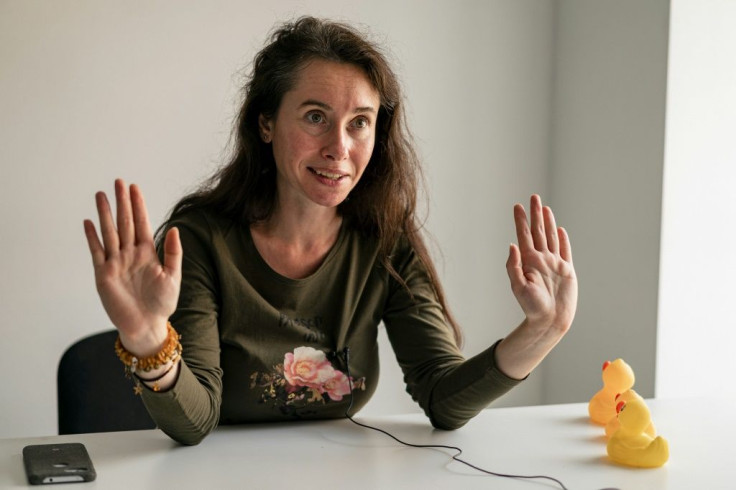
She waited outside the hospital in the city of Omsk until Navalny was medically evacuated to Berlin on Saturday.
The Kremlin opponent whose Anti-Corruption Foundation publishes reports on high-level graft was rushed to an intensive care unit in Omsk on Thursday after falling ill on a flight from Siberia to Moscow.
He spent two days in Omsk as his family and allies wrangled with doctors who initially refused to allow his evacuation abroad and said they found no evidence of poisoning.
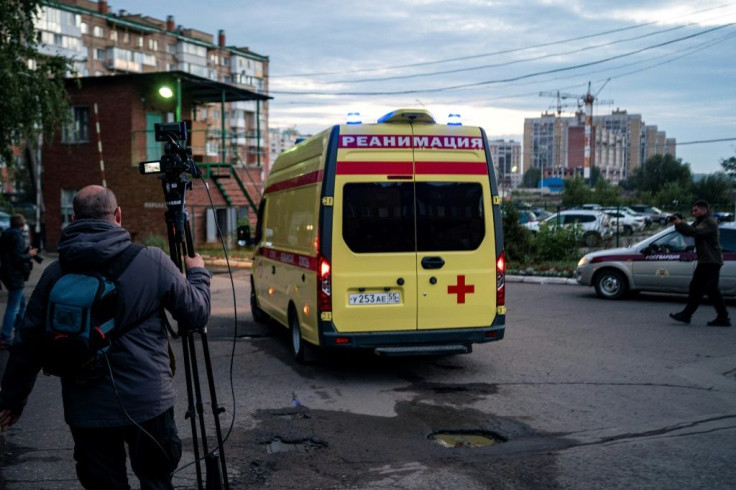
By Monday, medics at Berlin's Charite hospital declared test results "indicate poisoning".
Navalny's supporters have accused the Kremlin of trying to cover up a crime.
"This is terrible and a bit scary," said Khaliulina.
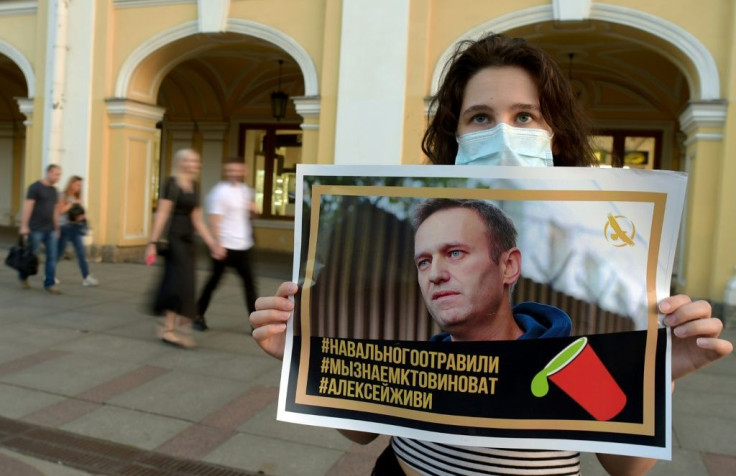
"Being in the opposition is hard and it's even harder in the regions. But I don't think that (Navalny's poisoning) will affect ordinary people (in the opposition). The people at the top are the ones targeted," she said.
Navalny's illness appears to be the latest in a long series of attacks on critics and opponents of the Kremlin regime that have sent shockwaves through the opposition.
Navalny has already experienced several apparent attacks but has never come so close to losing his life.
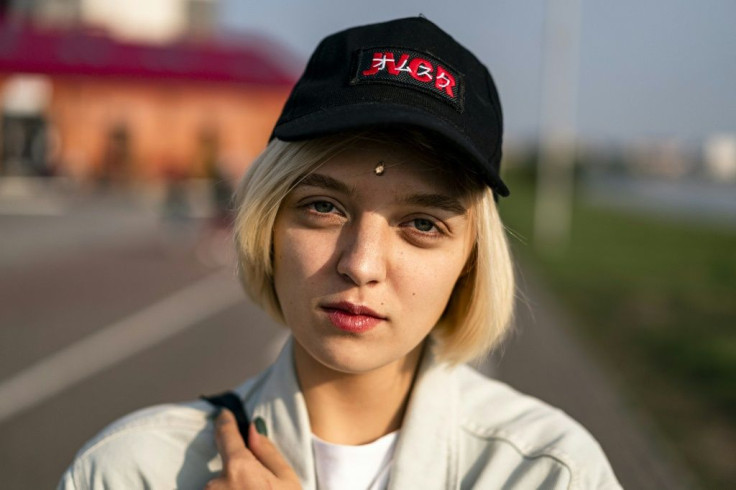
Daniil Chebykin, who was organising pickets and bringing food for protesters outside the Omsk hospital, was one of Navalny's local support team.
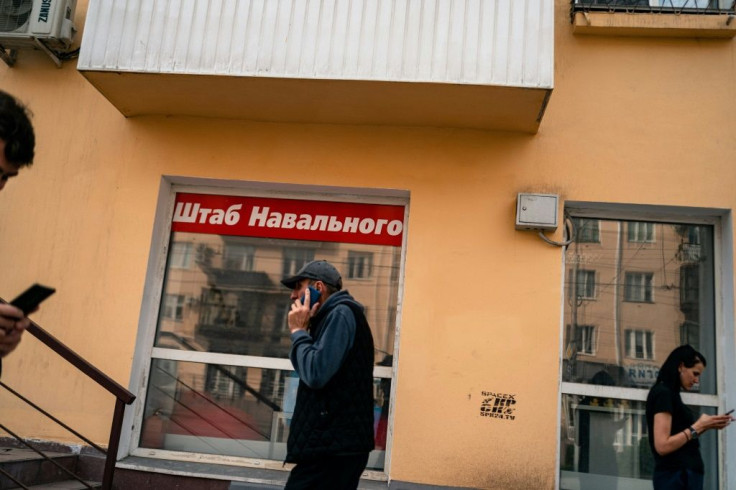
The 28-year-old former Communist activist is one of the three paid staff at Navalny's local office in the industrial city of 1.1 million people.
Since he started work there, he has seen his parents' home searched, his mobile phone and hard drives confiscated and his bank account frozen. And police have put him in custody for several hours at a time to prevent him attending rallies.
"I understand that these authorities are capable of many things but that doesn't stop me: quite the opposite. It motivates me," he said.
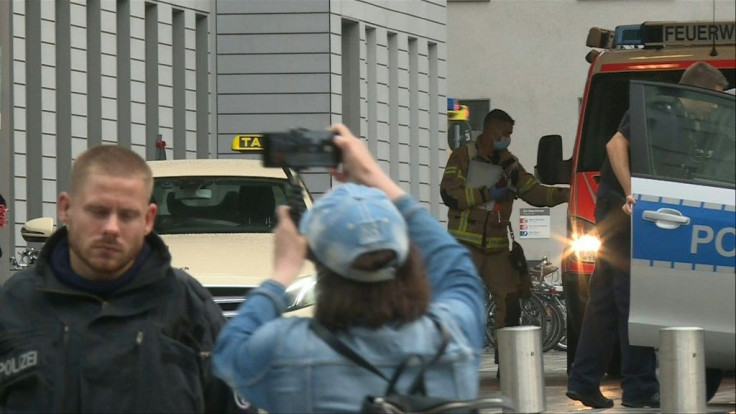
Many said Omsk was not the worst place to be an opposition activist.
"At protests, no one beats people up like in Moscow. The police behave well most of the time," said Khaliulina.
Opened in 2017 on a bustling street and labelled with a huge sticker, the office of Navalny's team in Omsk is hard to miss.
Office coordinator Olga Kartavtseva had never previously been involved in politics.
"The risks were clear from the start: being followed, having your calls tapped and getting searched. That's our reality. We don't even notice it any more. It's routine," said the 39-year-old psychologist.
The criminal probes and police detentions have multiplied against Navalny since he began urging supporters to use tactical voting to push out the ruling party in districts where his supporters are not standing.
His "Clever Voting" website sends registered users recommendations on the best-placed candidate to beat the United Russia candidate.
In 2019 the system's users influenced the course of votes, particularly for Moscow's city parliament.
When Navalny fell ill, he was in Siberia to promote a new "Clever Voting" campaign ahead of regional and local elections in September, although Omsk was not on the itinerary.
Moskovsky Komsomolets newspaper cited law enforcement sources as describing extensive surveillance of Navalny's trip despite his precautions including setting up a "safe house".
Kartavtseva said she expected supporters to get involved in the upcoming elections, with particularly youth activism growing in the regions despite pressure from authorities.
"There's a myth that protests only happen in Moscow and Saint Petersburg. But that's because no one follows what happens elsewhere," she said.
"In reality I think activism is much more important in the regions," said Kartavtseva.
© Copyright AFP 2024. All rights reserved.





















